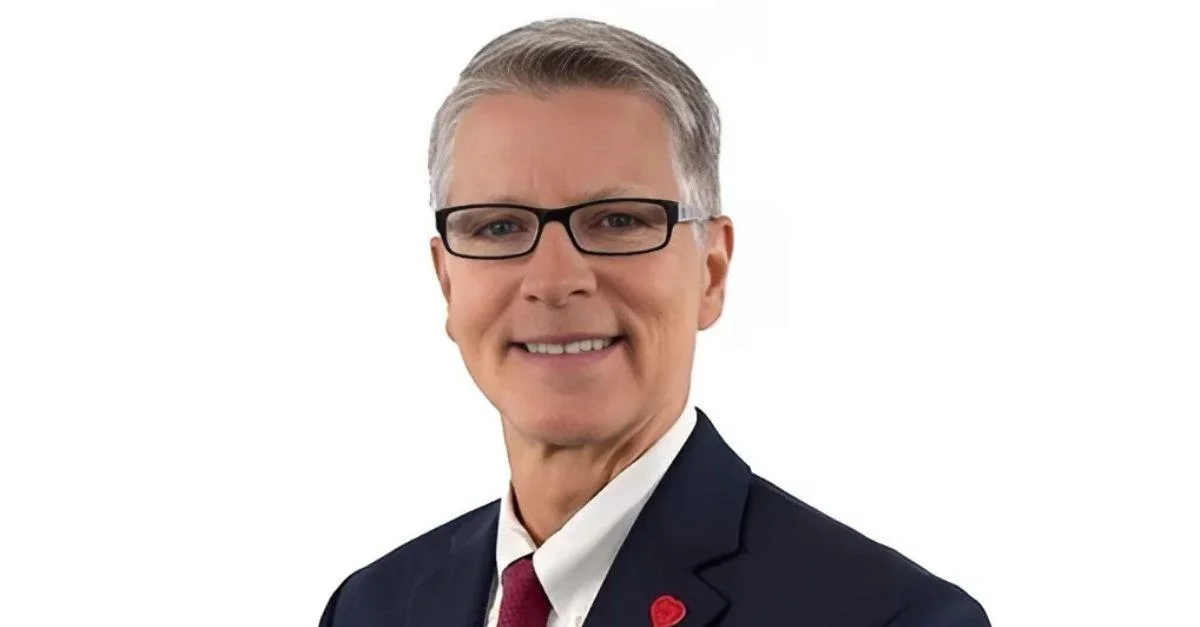Patrick Traynor, Health and Human Services Interim Commissioner | North Dakota Department of Health and Human Services
Patrick Traynor, Health and Human Services Interim Commissioner | North Dakota Department of Health and Human Services
North Dakota Health and Human Services (HHS) has released the 2025-2035 Cancer Control Plan, outlining strategies to reduce cancer deaths in the state through prevention, early screening, and support for those living with cancer.
Cancer remains a major health concern in North Dakota, where it is the second leading cause of death. On average, 11 residents are diagnosed each day and four die from the disease. HHS believes these numbers can be improved by promoting healthy lifestyles, increasing awareness, and making screening and treatment more accessible.
“We encourage North Dakotans to reach out to their health care provider to talk about cancer screenings,” said HHS Comprehensive Cancer Control Program Director Annette Clark. “Early screening and detection save lives.”
The department works with community partners to provide breast, cervical, and colorectal cancer screenings for uninsured and underinsured people. More information on these programs is available at hhs.nd.gov/health/community/comp-cancer.
Medicaid coverage in North Dakota includes cancer screening and treatment services for eligible members. Uninsured residents can learn about Medicaid options or apply at hhs.nd.gov/healthcare/medicaid.
Clark also advised that maintaining a healthy weight, regular physical activity, avoiding tobacco use and heavy drinking, as well as eating nutrient-rich foods such as whole grains, lean proteins, fruits, and vegetables can help lower cancer risk. She added that reducing consumption of red and processed meats is recommended.
Local public health units across North Dakota offer additional services including free counseling for tobacco or nicotine dependence and nutrition education. Locations can be found at hhs.nd.gov/local-public-healthsites.
NDQuits provides free web-based and phone support for those seeking to quit commercial tobacco products or alternative nicotine devices. Support is available by calling 800-QUIT-NOW or 800-784-8669.
Programs like SNAP and WIC also help low-income individuals access healthier food choices. Details on these resources are available at hhs.nd.gov/food-programs.






 Alerts Sign-up
Alerts Sign-up